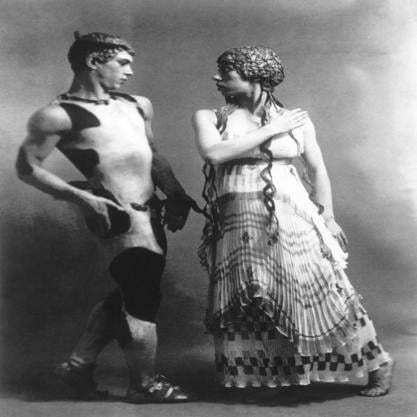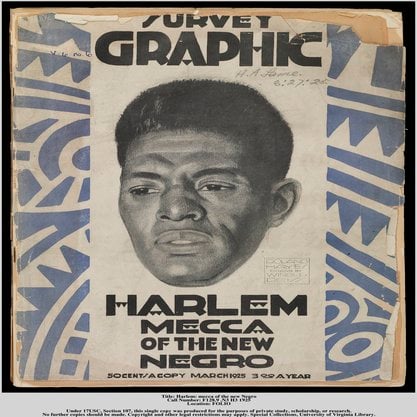Article
Baker, Josephine (Freda Josephine McDonald) (1906–1975) By Das, Joanna Dee
Article
At the height of her career in the late 1920s, Josephine Baker was perhaps the most famous dancer in the world. Her performances of ‘the primitive exotic’ shocked and titillated European audiences, who saw in her novelty the promise of a fresh start after the First World War exposed the moral and cultural bankruptcy of European civilization. What African sculpture had done for Pablo Picasso and other visual artists, what James Reese Europe’s ragtime band had done for music, Baker would do for dance—inject a Black aesthetic into Modernism. Far from being an instinct-driven ‘savage’, however, Baker was a skilled performer who consciously shaped and re-shaped her image to suit audience desires. Later in her career, she morphed herself into a ‘Black Venus,’ a combination of sophistication and seduction; still later, she positioned herself as a war hero, and then an anti-racist activist. The late 1920s phase of her career, however, was the most important to Modernism, for it awakened the European world to new ways of moving the body that felt modern in their purported primitivism.



